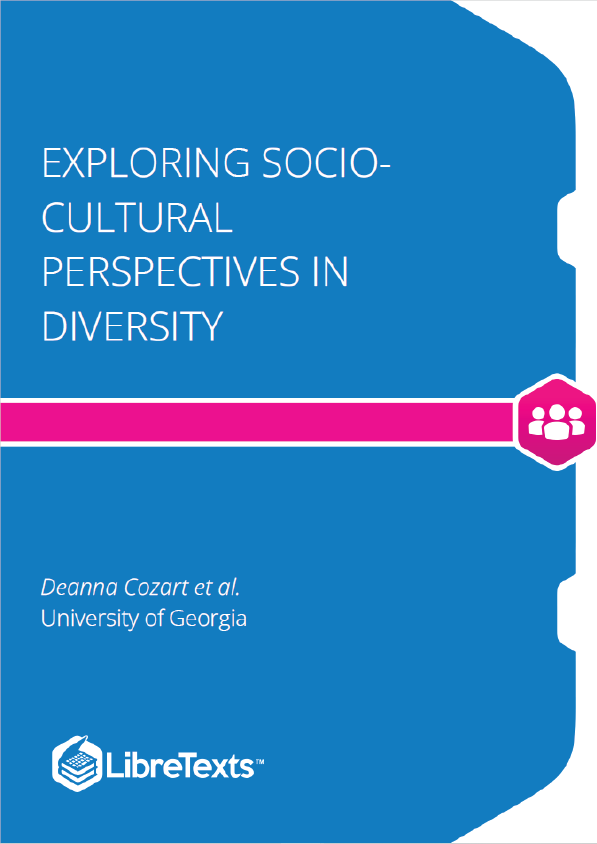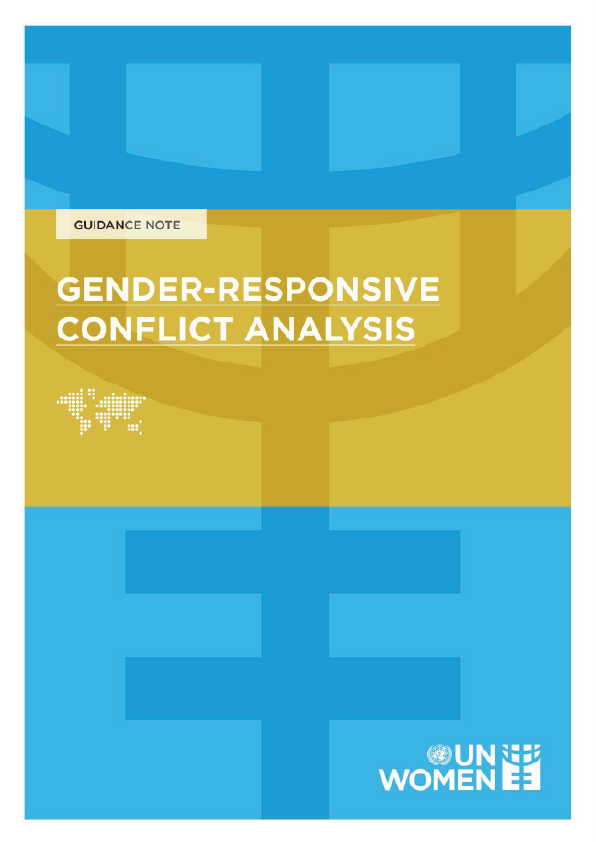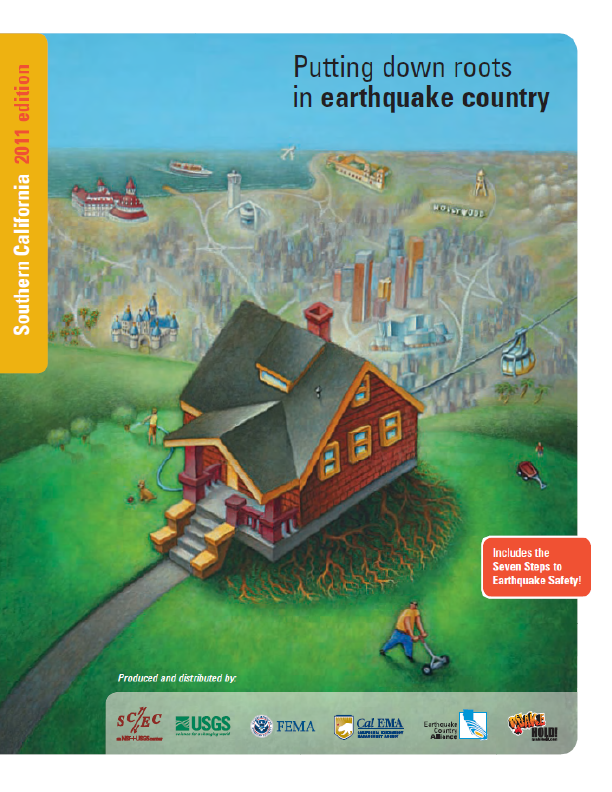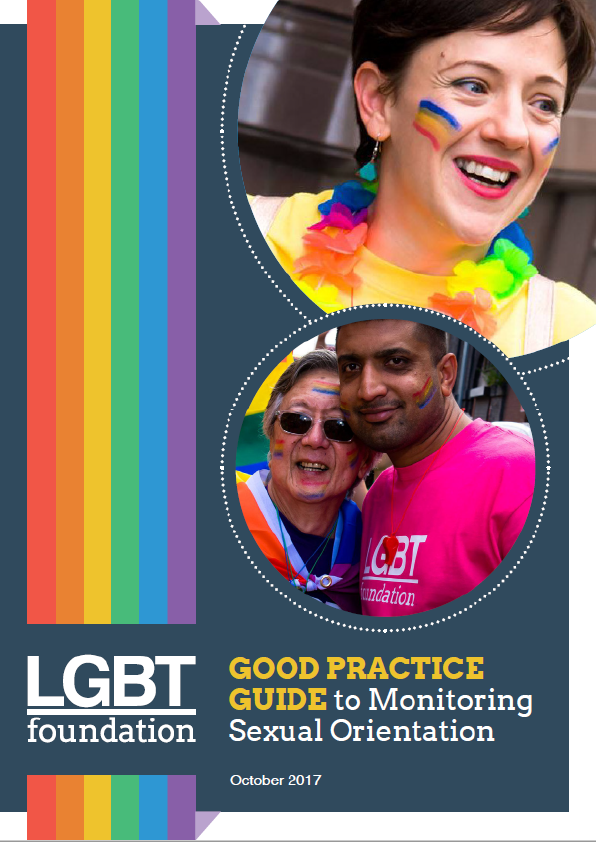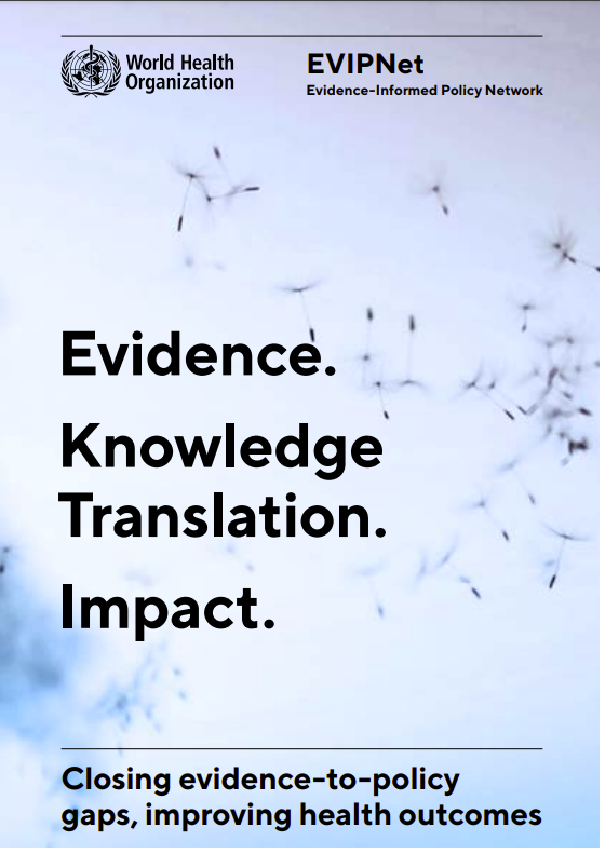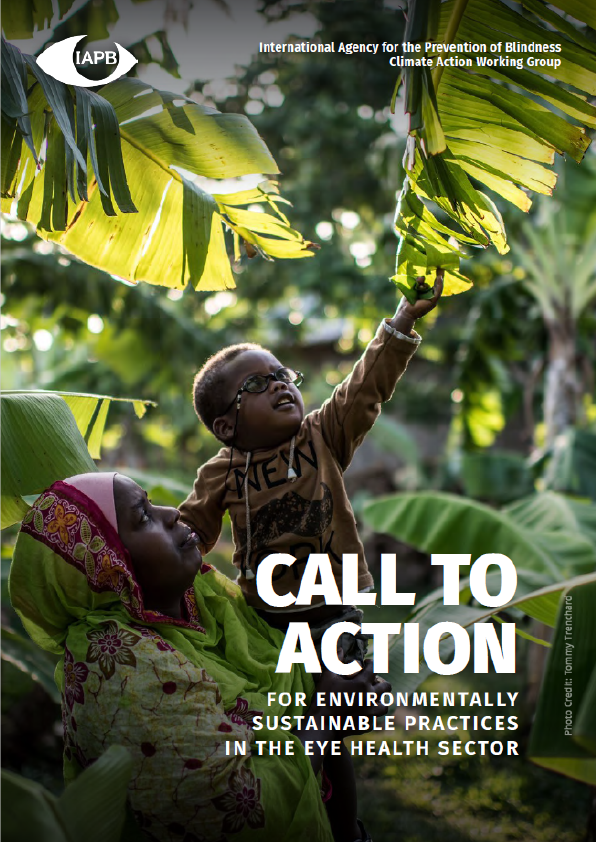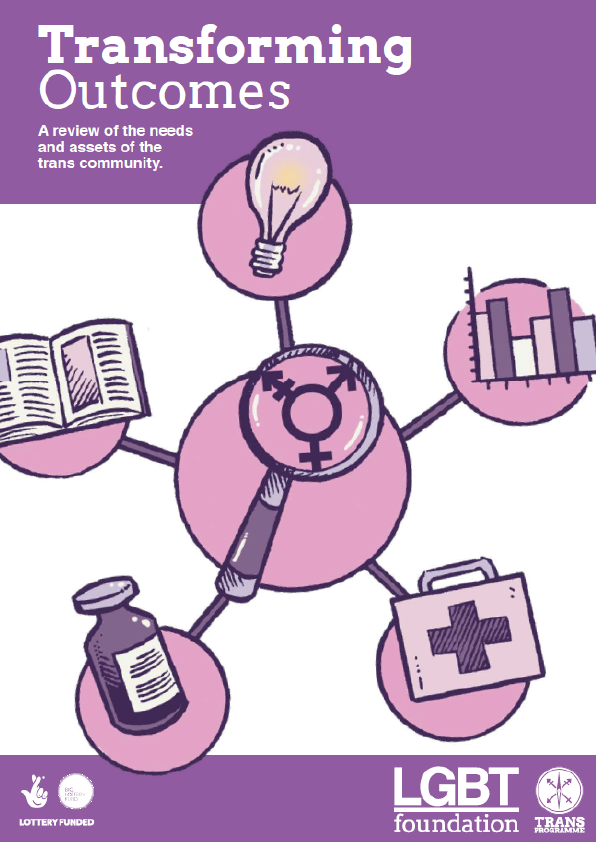The fundamental knowledge of understanding culture and teaching children from diverse backgrounds. Examination of the nature and function of culture, development of individual and group cultural identity, definitions and implications of diversity, and the influences of culture on learning, development, and pedagogy. This course has a required field experience component.
Multiculturalism Our goal for students is to not only be familiar with Foundations concepts, but also to be scholars of Foundations of Education. The additional readings selected throughout the course modules reflect this goal, as we have included authors who are considered experts in the field to supplement the content course content. In this module, you will be exposed to Sonia Nieto, Diane Ravitch, and Ronald Takaki.
Why Multicultural Education?
What is multicultural education? It is likely a term you have heard before, and perhaps something that you have never spent much time thinking about. Multicultural education is the idea that the United States is made up of many different kinds of people, and the public education people receive should be reflective and inclusive of all the different backgrounds that make up our country. Additionally, multicultural education should help all students feel that they have a place in our schools and society, regardless of their race, social class, gender, sexual identity, disability, language and geographic background, or religious background. In order to help you understand this importance, we have organized these modules into groups based on these differences. By understanding the experiences and societal impacts of each of these dimensions of diversity, you should be more prepared to teach or interact with people from all backgrounds going forward. As our schools and society in the United States continue to become more diverse, multicultural education is critical to foster empathy and understanding to each other.
While many people can agree that this is an important concept, implementation of multicultural education can be very different. In today’s educational policy landscape, multicultural education is often viewed as being separate from general education, something that can be used occasionally to enrich or complement the general academic program. For example, many schools use national events like Black History Month or Martin Luther King Jr. Day as an opportunity to learn about the contributions of African- Americans, while others organize events to celebrate multiculturalism. Diversity Weeks or school assemblies designed to promote racial and ethnic diversity can be observed in districts across America. While these efforts are no doubt designed and implemented with benevolent intentions, many scholars in the field of multicultural education have suggested that current educational policies and practices address only the surface-level of multiculturalism by highlighting differences in food, dress, music, dance, and language, without addressing the underlying issues of educational values, worldview, and knowledge construction (Banks, 2004; Gollnick & Chinn, 2013; Nieto & Bode, 2012). As such, the conceptualization of multiculturalism shifts from a product to a process. Rather than offer simple educational products–like prescribed, close-ended lesson plans—these modules view multiculturalism as a long term investment that shifts and shapes educational experiences at all levels of policy and practice.
The aim of these modules is to expand the understanding of multiculturalism to create a more inclusive and more holistic approach to teaching and learning. While many discussions of multiculturalism center around issues of race and ethnicity, we posit that class and socioeconomic status, gender, sexual orientation, language, immigration, geography, and religion also play crucial roles in the development of equal and equitable educational policies and practices. Therefore, after a discussion of the sociopolitical and sociocultural contexts of education and the overarching approaches to multicultural education, this module will investigate each of the individual identifiers that contribute to a more complete view of multiculturalism.
